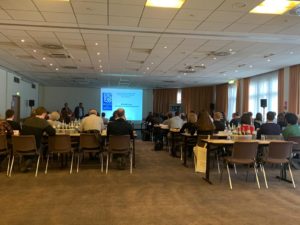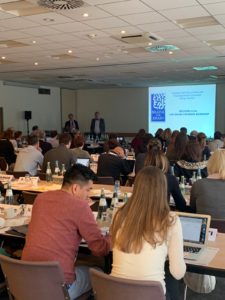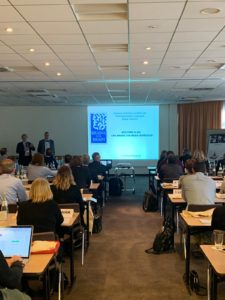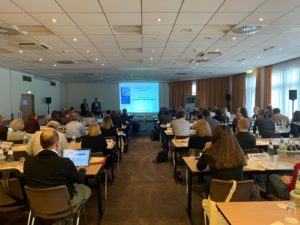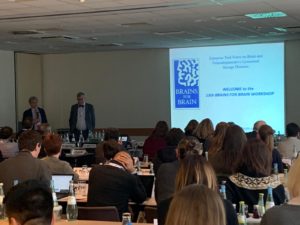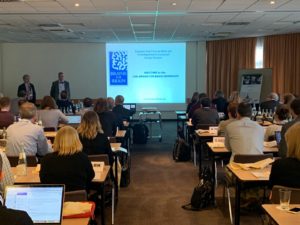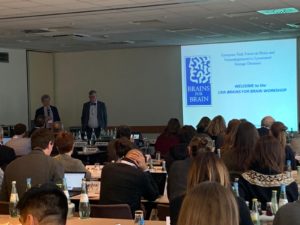
The Brains for Brain Foundation, in collaboration with the Clinical Research Center in Salzburg and the Medizinisches Simulationszentrum Salzburg, and as part of the capacity building and training activities of the European Reference Network for hereditary Metabolic disorders (MetabERN), has organized a PRECEPTORSHIP PROGRAMME ON RARE DISEASES: MUCOPOLYSACCHARIDOSIS (MPS), MANAGEMENT AND TREATMENT” that will take place at the Salzburg Medical Simulation Center on April 10th, 11th and 12th, 2019.
The course will guest about 15 physicians from different countries who will visit to share experiences and being updated on the recent development on MPS. The meeting will also provide a comprehensive global forum for experts and participants to exchange ideas and present results on all aspects of MPSs.
For more details please see the complete programme.
Objective – The overall objective of the course is to train professionals with a scientific background and an interest on Lysosomal Storage Diseases, in particular Mucopolysaccharidoses (MPSs) and to provide them with theoretical expert knowledge and practical experience in both the recognition of these diseases and related management. The practical experience in management and treatment of MPSs will be gained through the use of patient case studies that the participants will work on throughout the course and in parallel with new topics being added to their theoretical knowledge base.
Expected results – The main expected results of this program consist in ensuring safe and effective initiation of therapies in patients from countries where there is not experience of administration; decreasing the possibility of severe adverse events during treatment and helping patients to receive a state of the art follow up.
Learning outcomes – At the end of the course participants will be able to discuss a multidisciplinary approach for the management and treatment of these complex disorders assuring an adequate follow up of patients by evaluating the status of the disease.
Participants and Requirements – Participants (max 15) are expected to have quite a good experience in the management of MPS patients in particular with the ERT and its possible adverse events. The Preceptorship will be run in English, a good knowledge of the English language is mandatory. Participants are required to attend for the entire length of the preceptorship.
How to apply – If you are interested in the PRECEPTORSHIP PROGRAMME ON RARE DISEASES: MUCOPOLYSACCHARIDOSIS, MANAGEMENT AND TREATMENT, please send an email with your CV to Dr. Cinzia Maria Bellettato, the Brains for Brain Scientific Officer, at c.bellettato@gmail.com
All candidates will be evaluated according to the skills, qualifications, experience and professional interest considered necessary to successfully complete the preceptorship.
IMPORTANT: Please note that B4B will cover travel from EU countries only and that non-EU affiliates will have to cover for flights.
For more details please see the complete programme.




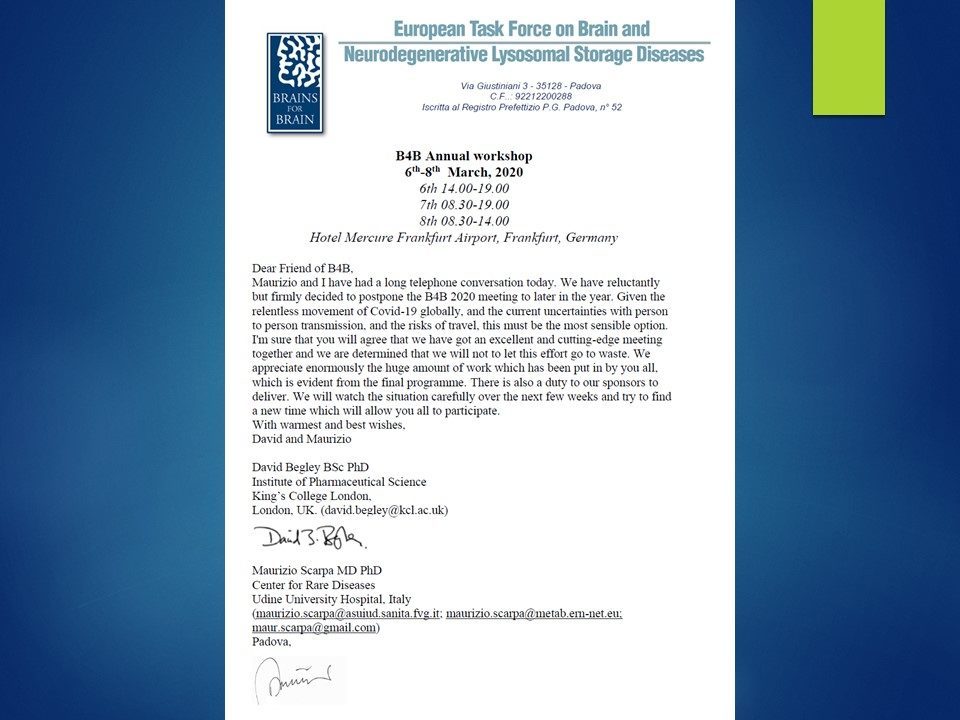
 We are pleased to announce the forthcoming 14th meeting of the Brains for Brain Foundation (B4B).
We are pleased to announce the forthcoming 14th meeting of the Brains for Brain Foundation (B4B).
